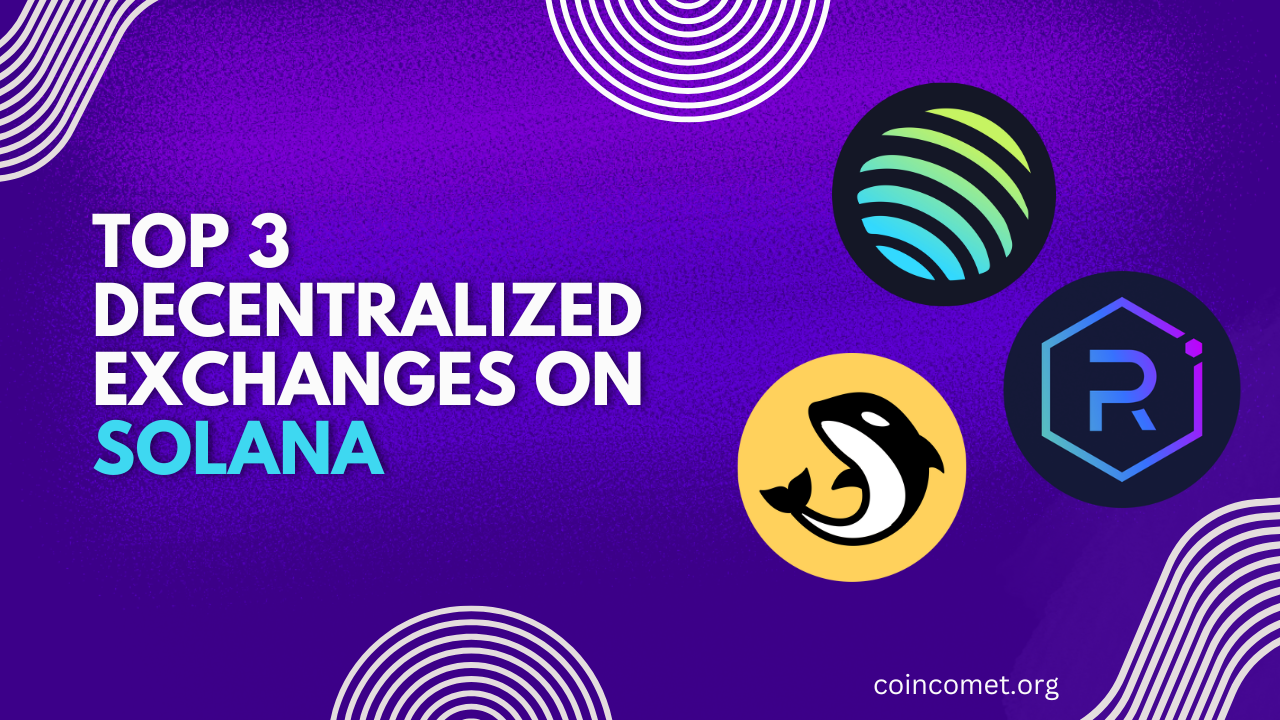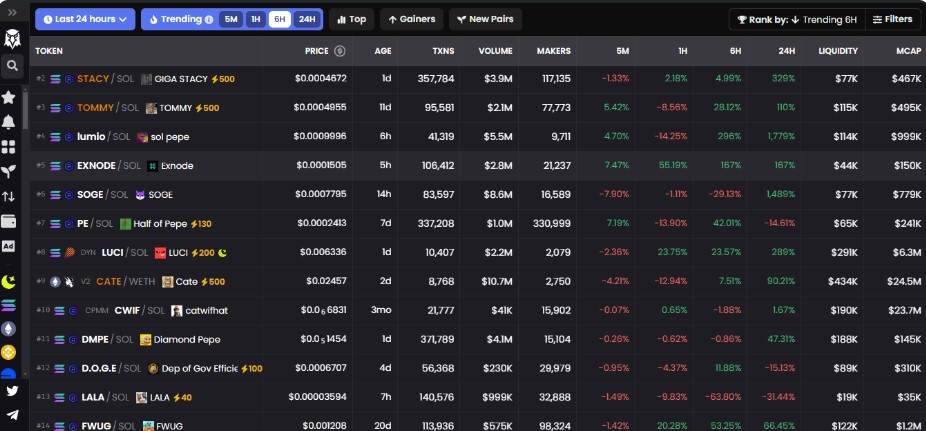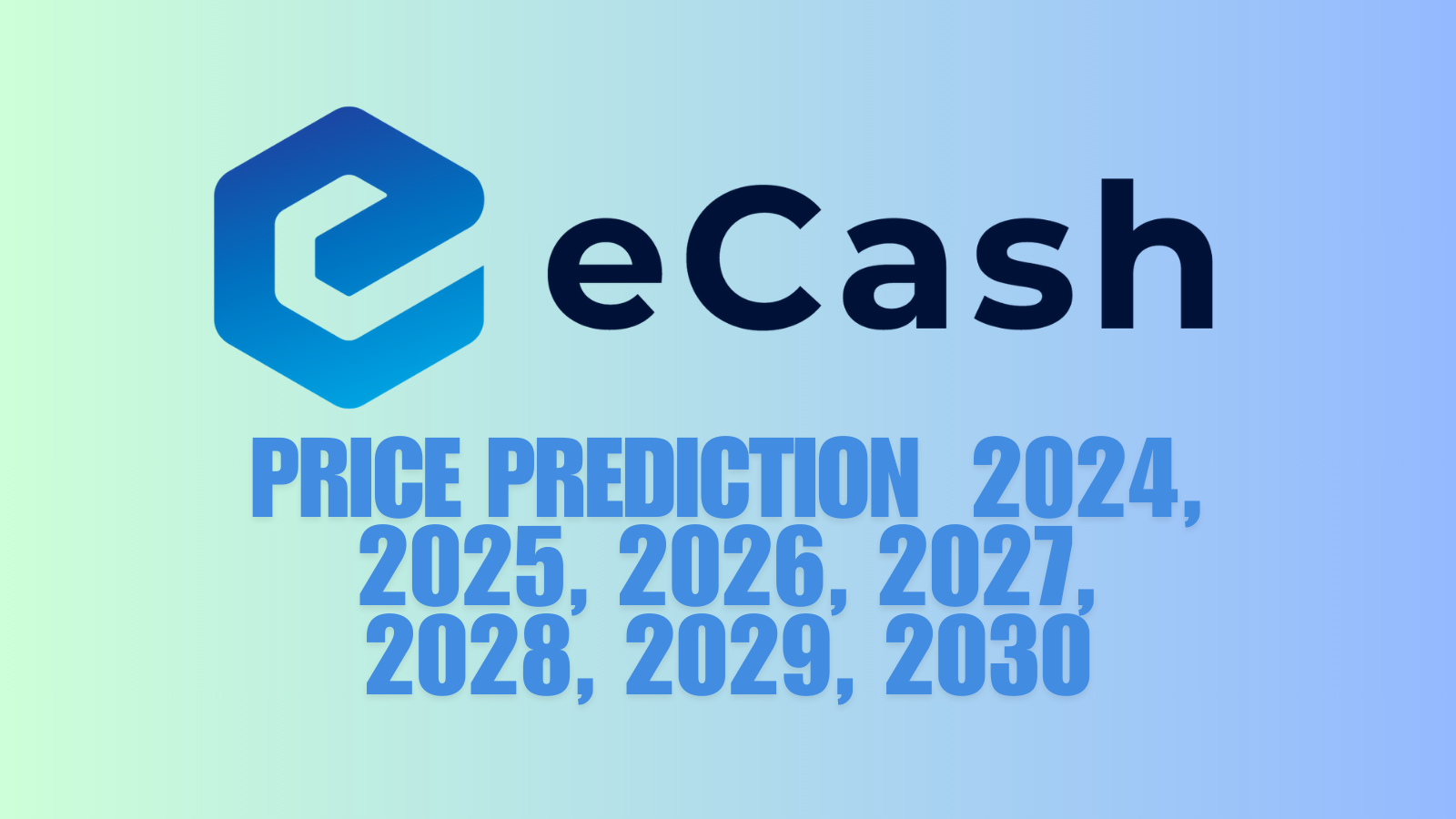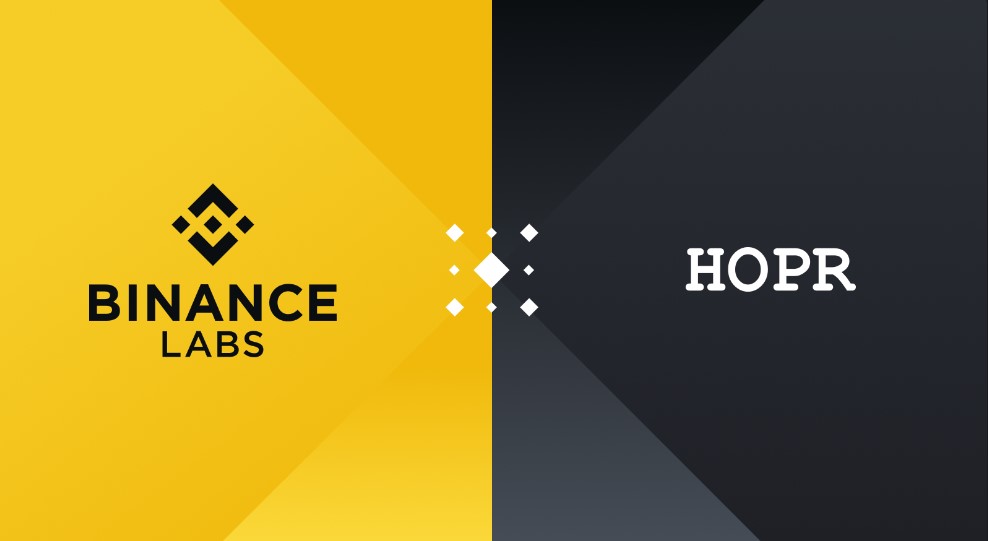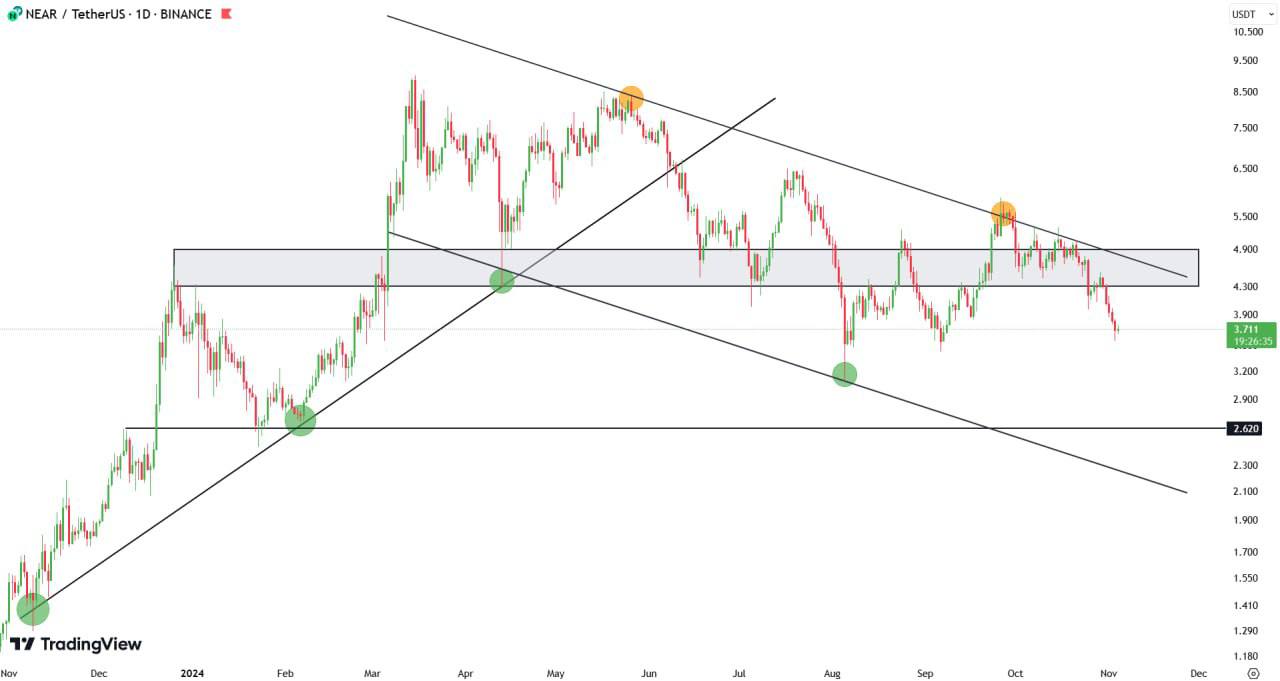Solana is reknowned for being one of the fastest and most cost-effective blockchain networks, making it a popular choice among developers and users for decentralized applications (dApps) and decentralized exchanges (DEXs). With its low fees and impressive speed, Solana is particularly well-suited for token trading and launching new tokens, including meme-coins. In this article, we’ll explore the “Top 3 Decentralized Exchanges on Solana,” highlighting the leading DEXs that offer efficient swapping and robust liquidity options to enhance your trading experience.
1. Jupiter: Best for Optimized Swapping
Jupiter functions as an aggregator for DEXs, gathering the best token prices across different exchanges on Solana. It enables smooth swaps, limit orders, and even asset transfers across different chains.
- Key Features:
- Limit Orders: Set buy/sell orders at specific prices, just like on traditional exchanges.
- Dollar-Cost Averaging (DCA): Automate regular buy or sell orders to spread out price impact.
- Cross-Chain Transfers: Move assets across nine blockchains, including Ethereum and Polygon.
- Decentralized Perpetuals: Engage in leverage trading on tokens like SOL and ETH with up to 100x leverage.
- How to Swap on Jupiter:
- Head to the Jupiter website (https://jup.ag/) and link your Solana wallet.
- Choose the tokens you want to exchange.
- Enter the amount, check slippage settings, and press ‘Swap.’
Jupiter’s easy-to-use interface and robust features have made it a leading DEX aggregator in the Solana ecosystem.
2. Raydium: AMM Plus Order Book for Versatile Trading
Raydium combines automated market maker (AMM) functionality with a centralized order book, adding flexibility. This allows users to swap tokens, supply liquidity, and earn fees.
- Key Features:
- Liquidity Pools: Users can provide liquidity and earn fees from swaps.
- Yield Farming: Stake LP tokens to receive RAY, Raydium’s native token.
- Accelerator Program: New tokens can be launched quickly and reach a broad audience.
- How to Swap on Raydium:
- Visit Raydium’s website (https://raydium.io/swap/) and connect your wallet.
- Select the assets to exchange and adjust slippage and price impact if needed.
- Click ‘Swap’ to finalize the transaction.
Although its backend can occasionally cause slight delays, Raydium maintains one of the highest liquidity levels on Solana.
3. Orca: User-Friendly with Concentrated Liquidity Pools
Orca is known for its beginner-friendly interface and concentrated liquidity pools, allowing liquidity providers to concentrate on specific price ranges.
- Key Features:
- Concentrated Liquidity: Focus liquidity on specific price ranges for potentially higher fees.
- Quick Pool Creation: Set up new pools easily with custom ranges and fee options.
- Simple UI: An intuitive interface that’s easy to navigate for new and experienced users alike.
- How to Swap on Orca:
- Open Orca’s website (https://www.orca.so/) and connect your wallet.
- Select the assets for your trade and confirm your settings.
- Enter the trade amount and click to complete the order.
Orca’s straightforward interface and concentrated liquidity feature make it a popular choice among traders of all levels.
Conclusion
Jupiter, Raydium, and Orca offer efficient trading options on Solana, each with unique features and advantages. Solana’s speed and low transaction costs make it an ideal blockchain for these exchanges, which are expected to be instrumental in Solana’s DeFi expansion through 2024.
